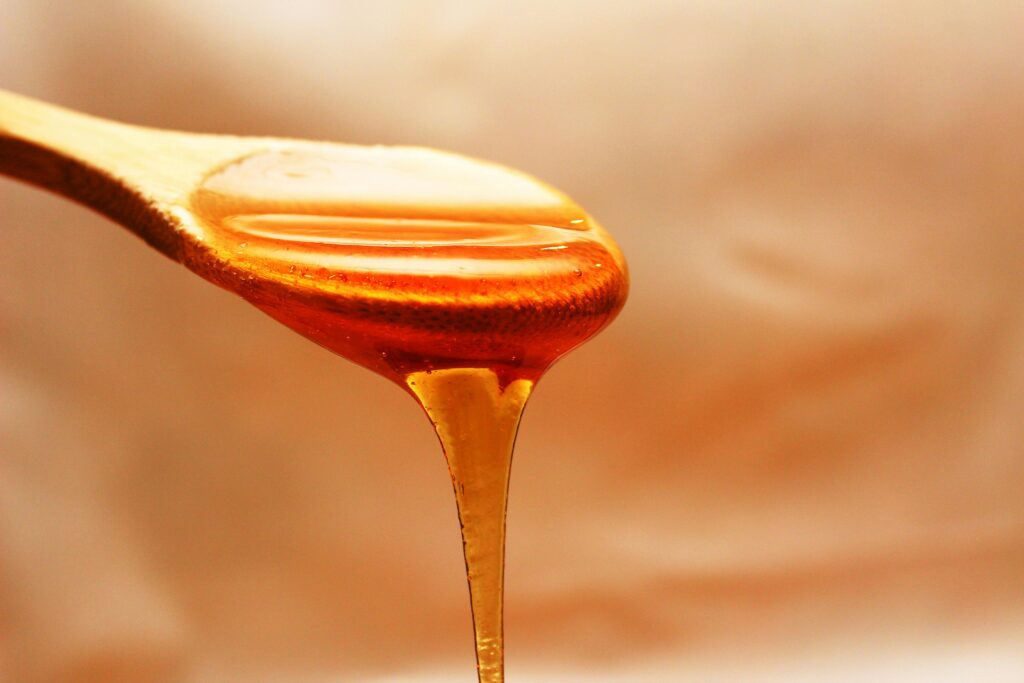When people talk about Nigerian exports, products like crude oil, cocoa, and textiles usually come to mind. However, there are so many unique and uncommon Nigerian products that hold great potential in the global market. Let’s uncover some of these hidden gems and explore how they can make a big impact abroad.
Table of Contents
The Versatile Moringa: Nature’s Superfood

Moringa, often called the “miracle tree,” is a plant packed with nutrients. Its leaves, seeds, and oil are used in health supplements, skincare products, and even water purification. Globally, there’s a growing demand for superfoods, and moringa fits right into this trend. Nigerian entrepreneurs can tap into this market by exporting moringa products, which are highly valued for their health benefits.
Moringa is rich in vitamins A, C, and E, calcium, potassium, and protein, making it a powerhouse of nutrition. This superfood can be marketed to health-conscious consumers looking for natural and effective supplements. In addition, moringa oil, known for its anti-aging properties, is in high demand in the beauty industry. By promoting moringa’s multiple uses and benefits, Nigerian exporters can carve out a niche in the competitive global health and wellness market.
Bitter Kola: A Health Booster

Bitter kola, known locally as “bitter kola,” is celebrated for its medicinal properties. It’s used in traditional medicine to treat various ailments and is believed to boost immunity. There’s a growing interest in herbal remedies and natural health products in many countries. Exporting bitter kola can meet this demand, offering an authentic piece of Nigerian heritage to the world.
Bitter kola is known for its antioxidant and anti-inflammatory properties. It’s used to treat coughs, colds, and liver disorders, and is believed to have aphrodisiac qualities. With an increasing global shift towards natural health solutions, bitter kola can be positioned as a unique, effective alternative to synthetic drugs. Nigerian exporters can highlight its traditional uses and health benefits to attract a diverse range of consumers interested in holistic health.
Snail Meat: A Gourmet Delicacy

Snail meat, known as “escargot” in French cuisine, is considered a delicacy in many parts of the world. Nigerian snails are known for their size and taste. Exporting snail meat to gourmet markets can be highly profitable. This product caters to niche markets in Europe and North America where there’s a demand for exotic and high-protein foods.
Snail farming, or heliciculture, is relatively easy and environmentally sustainable. Snail meat is low in fat, high in protein, and rich in essential amino acids. By emphasizing these nutritional benefits, Nigerian exporters can appeal to health-conscious consumers and gourmet chefs looking for new and exciting ingredients. Establishing a brand around Nigerian escargot, complete with sustainable farming practices, can further enhance its appeal in international markets.
African Black Soap: A Traditional Skincare Solution

African black soap, traditionally made from plantain skins, cocoa pods, and other natural ingredients, is revered for its skincare benefits. It’s effective for treating acne, eczema, and other skin conditions. With the global trend towards natural and traditional beauty products, African black soap from Nigeria can find a huge market among consumers looking for natural skincare solutions.
African black soap is known for its deep cleansing properties and ability to soothe irritated skin. Its natural ingredients make it a sought-after product among those who prefer organic skincare options. Nigerian exporters can leverage the soap’s rich cultural heritage and proven efficacy to capture the growing market of eco-conscious consumers. Highlighting its handmade production process and community benefits can also enhance its marketability.
Honey: Nature’s Sweet Gift

Nigerian honey, known for its purity and rich flavour, is another hidden gem. It’s used as a natural sweetener and in various health remedies. Exporting high-quality Nigerian honey can appeal to health-conscious consumers and food enthusiasts who prefer natural over processed sweeteners.
Nigerian honey is often harvested from wild bees, resulting in a distinct taste profile that can be marketed as a premium product. It’s also packed with antioxidants, vitamins, and minerals, making it a popular choice for those seeking natural health products. By emphasizing the unique flavors and health benefits of Nigerian honey, exporters can tap into the lucrative health food market. Collaborating with local beekeepers and promoting sustainable harvesting practices can further enhance its appeal.
Conclusion
Nigeria has a wealth of unique and uncommon products that are ripe for export. From the versatile moringa to exotic snail meat, these hidden gems offer Nigerian entrepreneurs a chance to tap into new markets. By focusing on quality, sustainability, and the unique story behind each product, Nigerian exporters can make a significant impact on the global stage.
If you are looking to take advantage of these opportunities and learn how Nigerians are making 6-figure dollar incomes via exporting, join the Export Business Coach programme by renowned entrepreneur Olatunde Wealth. This programme provides comprehensive training and support to help you succeed in the export industry.
Don’t miss out on this chance to transform your business and tap into the lucrative export market. Click here to learn more and start your journey to becoming a successful exporter today.
